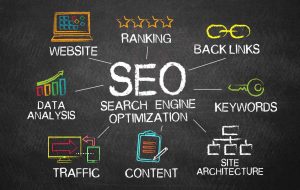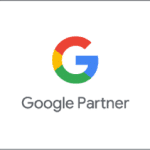Search engine marketing (SEM) is a crucial component of any successful digital marketing strategy. However, if you don’t understand the ins and outs of SEM, you won’t be able to utilize it to your advantage.
If you’re wondering what SEM is and how it can be used to help your business succeed, you’re in the right place. We’ve rounded up the most frequently asked questions about SEM and are here to answer them to help you become an expert.
What Is Search Engine Marketing (SEM)?
In order to use SEM, you first need to understand what it is. Search engine marketing is a form of digital marketing that involves promoting websites by boosting their visibility on search engines. There are a lot of different techniques used in SEM, including pay-per-click advertising, contextual advertising, and search engine optimization.
Like other components in digital marketing, SEM’s primary objective is to drive traffic to a site, increase conversions, and improve brand awareness.
How Is SEM Different From SEO?
Although SEM and SEO (search engine optimization) both aim to increase the visibility of a website, the two techniques are different. SEO involves optimizing website content and structure to improve organic search engine rankings.
In contrast, SEM utilizes paid advertising and other methods to drive website traffic and improve visibility on search engine results pages (SERPs). In other words, SEM takes a more proactive approach, while SEO takes a more passive approach. The two work in conjunction to boost site traffic.
Why Is SEM Important for My Business?
SEM’s role in helping businesses cannot be overstated. People rely heavily on search engines like Google to find products and services, so a strong SEM strategy can help businesses reach their target audience.
SEM can help businesses boost their online visibility, attract more visitors to their websites, and ultimately drive sales.
Additionally, SEM allows businesses to track and measure the success of their campaigns, providing valuable insights into audience behavior and preferences.
What Search Engines Should I Target for SEM Campaigns?
Google is currently the most dominant search engine on the internet, but you should remember that SEM campaigns can be run on a variety of platforms, including Bing and Yahoo.
The choice of search engine ultimately depends on your target audience, budget, and campaign goals. It’s essential to understand the different search engine algorithms and how they rank websites to ensure you’re creating optimized campaigns. This can involve keyword research, audience targeting, and ad optimization specific to each platform.
What’s the Difference Between Paid Search and Organic Search?
Paid search refers to the ads that are placed in the results of a search engine. These ads are paid for by businesses.
On the other hand, organic search refers to results that come up in the search engine results naturally. These are based on the site’s relevance and authority. Paid search ads are marked with an “Ad” label, and organic search results are not.
While organic search results are considered more trustworthy, paid search can provide a quick boost in traffic and sales, so it’s important to balance both strategies for optimal results.
How Do I Choose the Right Keywords for My SEM Campaigns?
Choosing the right keywords is crucial to the success of an SEM campaign. You want to identify the words and phrases that your audience is most likely to type in when searching for products similar to yours.
This requires thorough keyword research. During your keyword research, it’s important to select words that are relevant, have a high search volume, and have low competition. Long-tail keywords can also be effective in targeting specific audiences and driving more qualified leads. Additionally, negative keywords can be used to exclude irrelevant searches and improve the effectiveness of your campaigns.
What Is a Quality Score, and Why Is It Important?
An SEM quality score is a metric used to measure the effectiveness of an ad in relation to what was searched and the landing page.
The quality score is used by search engines and is determined by factors such as click-through rate (CTR), ad relevance, and landing page experience. A higher quality score can result in lower costs per click, higher ad rankings, and improved overall campaign performance. Therefore, it’s essential to optimize your ads, keywords, and landing pages to ensure a high-quality score.
What Is Remarketing, and How Can It Help My SEM Campaigns?
Remarketing, or retargeting, involves showing ads to people who have already interacted with your site or brand. Remarketing allows you to target a more engaged audience, increase brand awareness, and drive conversions.
What’s the Difference Between Impression Share and Click-Through Rate?
Impression share refers to the percentage of times your ad was shown on the search engine results page in relation to the total number of eligible impressions.
On the other hand, the click-through rate is the percentage of people who click on your ad after seeing it.
While both metrics are important, they measure different aspects of campaign performance. A high impression share can indicate good ad positioning, but a low CTR may suggest that the ad is not relevant to the target audience.
Conversely, a high CTR can indicate a strong ad and landing page, but a low impression share may suggest that the ad is not being shown to a wide enough audience.
How Do I Measure Success?
A good SEM campaign doesn’t mean much if you don’t know how to track its progress and success. Measuring its success involves tracking and analyzing various metrics, such as impressions, clicks, click-through rates, conversion rates, and cost per conversion.
It’s essential to set specific goals and KPIs for your campaigns, such as increased website traffic or sales. Ultimately, the success of an SEM campaign depends on its ability to drive results and generate a positive ROI.
Revity Can Provide You With Real Results
Don’t let your search engine marketing campaigns fall behind the competition. At Revity, our team of marketing experts knows how to optimize your campaigns for maximum impact.
Whether you need help improving your brand visibility, increasing your website traffic, or generating more leads and sales, we have the knowledge and experience to help. Contact us today to learn more about how Revity can help your business succeed.
































